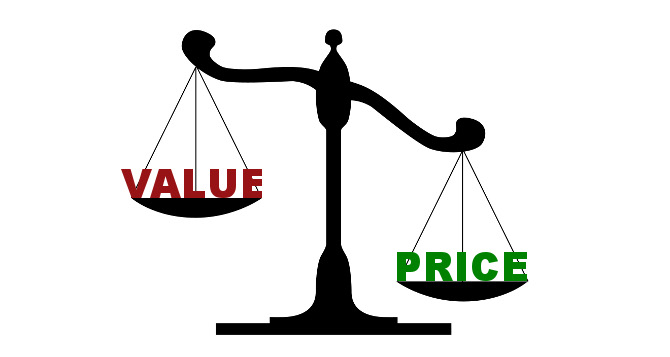
In the context of business valuations, “Fair Market Value” is defined as the highest price that a business would fetch in an open and unrestricted market between informed and prudent parties, acting at arm’s length, neither party being under any compulsion to buy or sell, calculated in financial terms.
However, the price you settle at can be significantly higher or lower than a theoretical “fair market value” due to the following issues:
1. Buyers and sellers rarely have access to the same information, finances, and negotiating abilities.
2. There are emotional considerations for both the buyer and the seller. The buyer may be willing to pay a premium just to “buy a job.” The seller may be reluctant to sell for “fair market value” because the business may hold strong emotional attachments.
3. There may be legal and/or contractual restrictions that limit the flexibility of the vendor and hamper the realization of true value.
4. The buyer or the seller may be forced to act due to health or other concerns.
5. Value is calculated assuming a 100% cash sale. The terms may not be 100% cash, so price adjustments would have to be made.
If you are thinking about buying a business, understanding the distinction between value and price will assist you in the negotiating process. As a buyer, it is in your best interests to purchase a business at a price lower than what you believe its current value to be. Additionally, you may decide to purchase a business with the expectations of growing its value in the future. Having a good understanding of the concept of business value will help you to make the necessary changes in the business to drive value growth.
Interested in buying a business? View our businesses for sale here.
